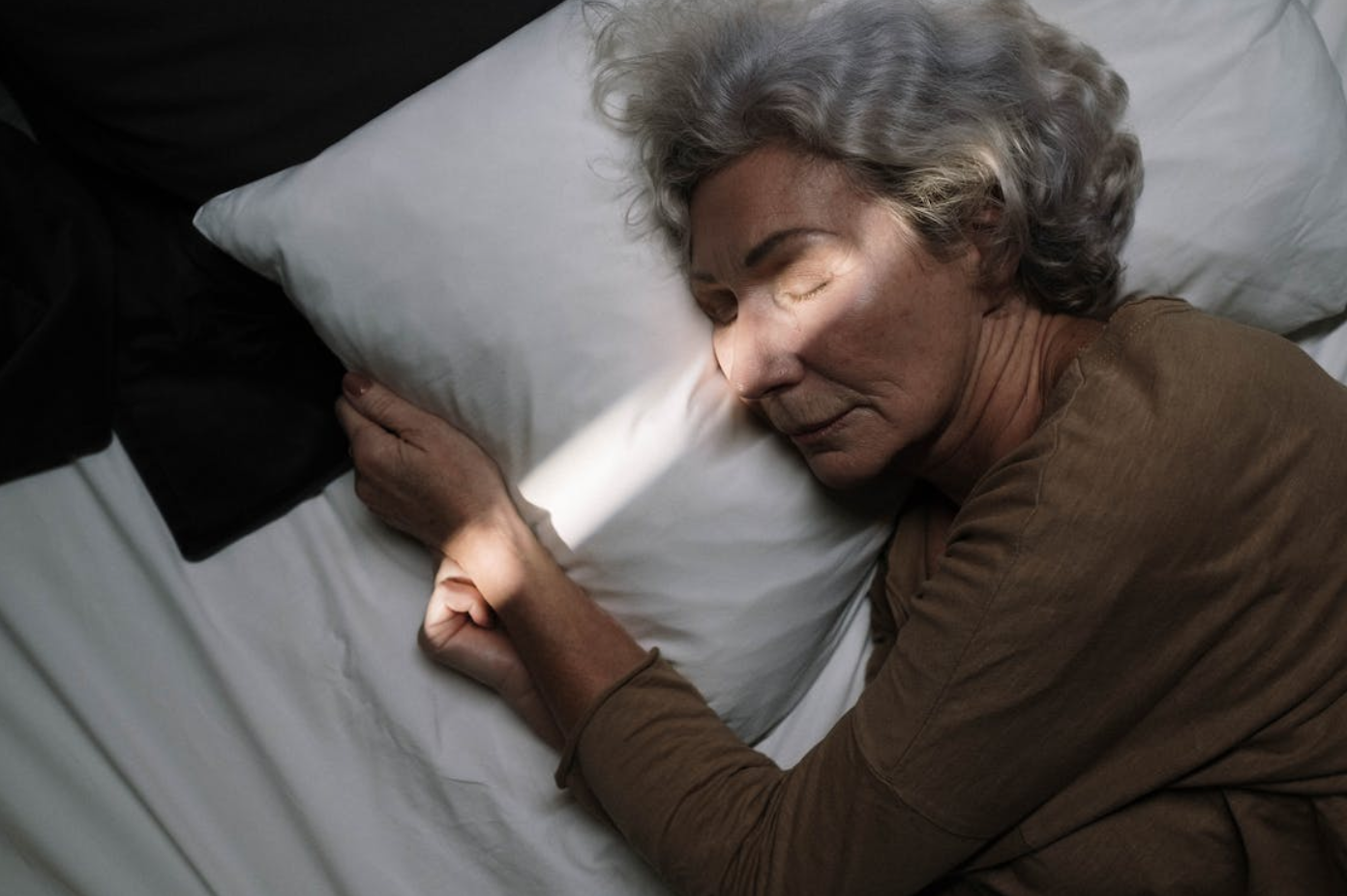You may be able to sue a nurse or aid, but you can also file a lawsuit against the facility itself, as they bear responsibility for the actions of their employees under the vicarious liability principle.
El Paso, TX – Abuse and neglect are unfortunately widespread in Texas nursing homes. No family wants to put someone they love in a nursing home, but they have no choice when they cannot provide them with the care they need. Ironically, frail and vulnerable residents are more susceptible to being abused in a nursing home setting. This is something you need to keep in mind. You must be vigilant and, if you have reasons to believe a resident is abused or neglected, you must seek counsel from experienced lawyers.
Risk factors making residents more likely to be abused
First of all, you need to understand why abuse happens. Most Texas nursing homes are understaffed. The available caregivers sometimes lack adequate training and motivation. Low wages certainly won’t motivate nurses to do their best, but there’s also the lack of accountability. If the management doesn’t care about the residents’ well-being, why would a poorly paid employee?
Here are the main factors that may put a resident at risk for abuse:
Cognitive disorders
If your loved one has Alzheimer’s or dementia, you probably know how difficult it is to care for them. You cannot really communicate with them, they don’t understand or they forget what you tell them. But, that’s exactly why you put them in a nursing home. You were told that they can take care of your Mom or Dad. When a resident suffers from a cognitive disorder, you should install a surveillance camera in their room. Also, talk to seasoned El Paso nursing home abuse lawyers about other ways to document abuse or neglect.
Mental illness
Residents with depression, anxiety, or bipolar disorder may be more susceptible to being abused. Besides the day to day care, the resident should receive mental health help.
Physical disabilities
Nursing home staff see such residents as a burden. The employees may take revenge by being violent, yelling at the helpless resident, or calling them names. These residents are more susceptible to being neglected. They may go hours without getting a glass of water or days without a bath. This can lead to a host of problems, such as malnutrition, dehydration, or bedsores.
Also, the lack of human contact can aggravate their mental wellness. Residents suffering from neglect may sink into depression or dementia.
If you notice your loved one develops bedsores or loses weight quickly, reach out to knowledgeable Texas nursing home abuse lawyers.
Being rich

Financial exploitation is another form of nursing home abuse. If an employee knows that a certain resident is wealthy, they may devise a way to financially exploit them. This can be done by ingratiating themselves with the resident, while constantly telling them their family doesn’t care about them anymore. Also, a caregiver may resort to threats and physical violence to force a resident to give them money or transfer a property to their name.
You must call the police right away. These cases may be hard to investigate and you should also contact well-versed nursing home abuse lawyers.
Who can I sue?
You may be able to sue a nurse or aid, but you can also file a lawsuit against the facility itself, as they bear responsibility for the actions of their employees under the vicarious liability principle.
If your loved one did not receive proper medical care or was injured during a medical procedure, you must discuss the matter with medical malpractice lawyers. They will put you in touch with reputable medical professionals who are qualified to provide an assessment of what caused the resident’s injury.


Join the conversation!